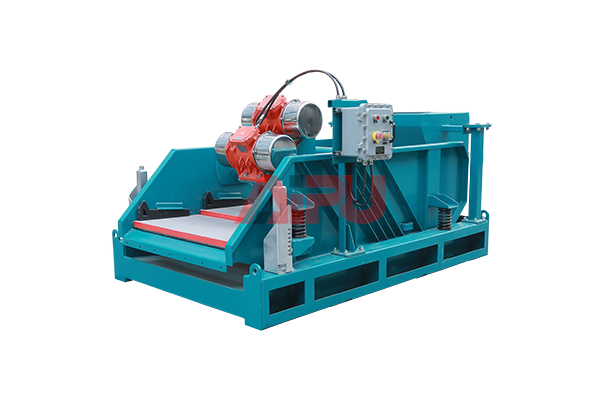Understanding the Core Components of Solids Control System Operation
The efficient operation of a solids control system relies on precisely coordinated equipment working in tandem to remove drilled solids from drilling fluid. This process maintains fluid properties while minimizing waste disposal costs.

Shale Shakers: The First Line of Defense
As primary solids removal equipment, shale shakers use vibrating screens to separate larger cuttings from drilling fluid. Modern shakers feature adjustable vibration patterns and screen configurations to handle various flow rates and formation types. Proper screen selection and tensioning significantly impact separation efficiency.
Desanders and Desilters: Fine Particle Removal
Hydrocyclones form the secondary and tertiary cleaning stages. Desanders typically process fluid after shale shakers, removing particles in the 40-100 micron range. Desilters then handle particles as small as 15-40 microns. Correct hydrocyclone sizing and proper feed pressure ensure optimal performance.
Centrifuges: Ultra-Fine Separation
Decanter centrifuges provide the final polishing stage, separating colloidal particles down to 2-5 microns. These units use high-speed rotation to create centrifugal forces thousands of times greater than gravity. Operators must carefully balance bowl speed, differential speed, and feed rate for maximum solids removal without losing valuable liquid phase.
Mud Cleaners: Combined Efficiency
Some systems incorporate mud cleaners that combine shale shaker screens with hydrocyclones. This configuration allows simultaneous processing of multiple particle size ranges, particularly useful in weighted mud systems where barite recovery is critical.
Vacuum Degassers: Gas Control
When drilling encounters gas-cut mud, vacuum degassers remove entrained gases to maintain fluid density and prevent pump cavitation. These units create vacuum conditions that break gas bubbles out of solution before they reach downstream equipment.
Integrated Control Systems
Modern solids control systems often include automated controls that monitor and adjust equipment parameters in real-time. Sensors track flow rates, densities, and particle sizes while control systems optimize equipment settings for current drilling conditions.
If your project requires solids control equipment, choose Aipu Solids Control - we believe it will be your best choice.
